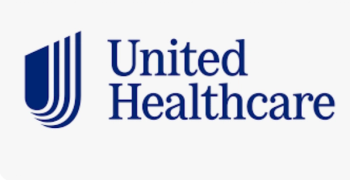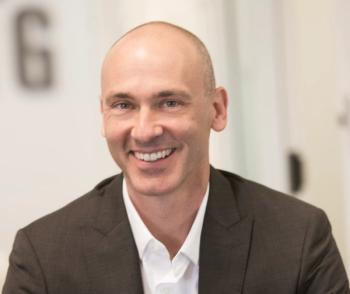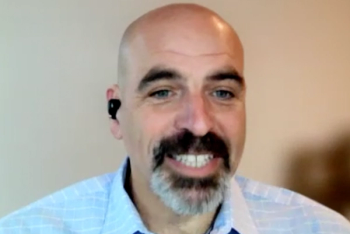
Cost strains Massachusetts model
Policymakers are now revisiting the Massachusetts model to evaluate the results. According to most experts, the state is providing a grim wake-up call to the rest of the nation.
Although there is no consensus, experts generally believe the state's plan has failed to solve the root problems in the healthcare system. A federal survey reports that hundreds of thousands of Massachusetts residents remain without coverage, and many who now have coverage don't have adequate access. A shortage of primary care doctors has resulted in wait times of 45 days or more.
Critics also argue that consumers now have fewer coverage choices than before, despite the Commonwealth Connector insurance exchange that funnels residents toward affordable coverage plans.
Regina Herzlinger, professor of business administration at the Harvard Business School and author of Who Killed Health Care? America's $2 Trillion Medical Problem and the Consumer-Driven Cure, says the law's effect was overestimated.
"Massachusetts has 6.6 million people, and the idea that this healthcare exchange-which was used by only 170,000 people-could really lower the state's healthcare costs is like throwing a pebble into the ocean and expecting it to affect the tides," Herzlinger says.
David Himmelstein, MD, an associate professor of medicine at the Harvard Medical School, also held little hope for cost containment. As costs have soared, the state has been forced to pull money out of other programs, such as care for 30,000 legal immigrants.
"We shifted a lot of people from something we called 'free care' to something we call 'insurance,' but I don't think there's evidence that we dramatically changed people's access to care," Dr. Himmelstein says.
PROGRESS TO BE PROUD OF
Still, coverage has increased, and for every naysayer, there's an expert who's more optimistic about the policy's results in the state.
"Healthcare reform in Massachusetts has been an incredible success," says Doug Thompson, CFO of Medford, Mass.-based Network Health, a managed care Medicaid plan that offers the subsidized coverage. "The strides that Massachusetts has made to that end-despite some financial difficulties-is nothing short of remarkable."
The difficulties in Massachusetts aren't only financial, however. Last month, Massachusetts Governor Deval Patrick followed through on his promise to reject any health plan rate increases that he deemed "excessive," setting up a showdown between payers and the state's Insurance Division.
Experts say that the denied rate increases might prompt payers to be tougher the next time they contract with hospitals and other providers, forcing them to negotiate lower reimbursements to offset their loss of premium revenue. But that clearly won't solve the real issues of access and affordability, despite small employers' praise of the rate-increase rejections, nor is capping premiums a viable solution to the problem.
Republican gubernatorial candidate Charles Baker, former CEO of Harvard Pilgrim Health Care, has been outspoken about the fact that putting a hard cap on premiums could force three or four of the state's not-for-profit plans out of business soon.
More than 85% of the 274 proposed premium increases were denied, and rates were frozen at current levels until the appeals process is complete. Plans also have the option to file more modest rate increases, which would then go through a 30-day review period.
To further complicate matters, the state's payers and providers are scuffling over a yearlong study conducted by the attorney general's office. Released on January 29, the analysis determined that "healthcare providers throughout the state are compensated at widely different rates for providing similar quality and complexity of services."
It concluded the higher prices charged by some provider groups and hospitals were attributed to their market clout and the portfolio of services they provide. Providers have pointed out that the study did not figure the market power of payers into the analysis, further escalating the finger-pointing between the two groups.
Newsletter
Get the latest industry news, event updates, and more from Managed healthcare Executive.























